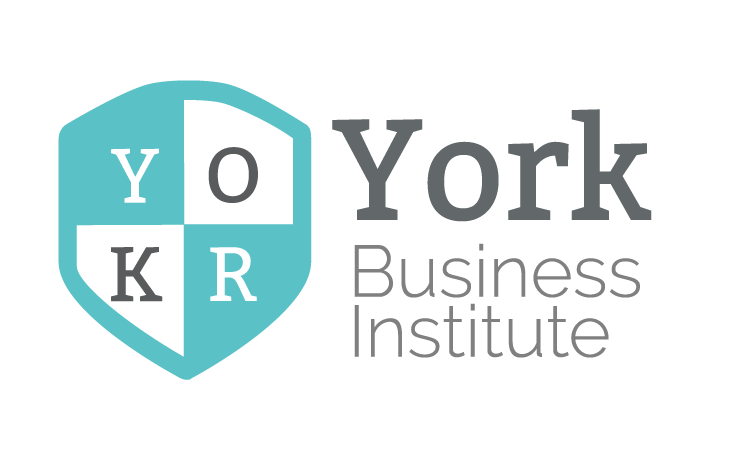CRICOS CODE: 116431B | COURSE CODE: PSP60822
Advanced Diploma of Translator

About this course
This qualification reflects the role of individuals who translate special purpose texts from one language to another, including spoken or signed languages, to convey information to a known or wide unknown audience. The translation produced must contain accurate information that is in the source text, and be fit for purpose, taking into account target audience and the end use.
The Advanced Diploma of Translating prepares translators to translate texts which contain complex language, concepts and terminology. There may be significant equivalence problems between source and target texts, which calls for extensive research. Audiences may be found in commerce and marketing, government and international relations – including immigration, both regular and humanitarian – the media, and sectors generally considered to be professional, such as law, health and medicine, technology and science. Assignments may deal with material which requires significant quality assurance processes as the consequences of mistranslation can be far reaching and there are significant implications for client reputation and image.
Licensing/Regulatory Information
The skills in this qualification must be applied in accordance with Commonwealth and State or Territory legislation, Australian Standards and industry codes of practice.
No occupational licensing, certification or specific legislative requirements apply to this qualification at the time of publication.
Pathways from the qualification
On successful completion of this qualification students may choose to undertake Higher Education or any of the other Advanced Diplomas in the Public Sector Training Package for various specialisations.
Mode of Course Delivery
67% face-to-face and 33% online
Timetable
The Online Class timetable may differ from the actual(face-to-face) class timetable. The nature of student support and engagement may also vary during this online delivery period.
Please contact the college if you have any enquiries regarding the mode of delivery and the timetable
Qualification Structure
| PSPTIS103 | Build glossaries for translating and interpreting assignments |
| PSPTIS106 | Translate and certify non-narrative texts |
| PSPTIS120 | Revise translations |
| PSPTIS124 | Apply theories to translating work practices |
| PSPTIS130 | Use translation technology |
| PSPTIS145 | Apply codes and standards to professional judgement |
| PSPTIS146 | Negotiate translating or interpreting assignments |
| PSPTIS121 | Translate special purpose texts from English to LOTE |
| PSPTIS125 | Demonstrate complex written LOTE proficiency in different subjects and cultural contexts |
| PSPTIS148 | Read and analyse special purpose English texts to be translated |
| PSPTIS122 | Translate special purpose texts from LOTE to English |
| PSPTIS123 | Read and analyse special purpose LOTE texts to be translated |
| PSPTIS126 | Demonstrate complex written English proficiency in different subjects and cultural contexts |
| PSPTIS127 | Maintain and enhance professional practice |
| PSPTIS129 | Translate multimedia source material |
Entry Requirements
No entry requirements are linked to this course. Some experience in translating/interpreting documents from one language to another would be useful to prospective students but not essential.
• Be 18 years or older; and
• Have completed Australian Year 12 or its equivalent with suitable English language skills.
• International Students are also required to have an English ability at the IELTS 6.0 or equivalent.
Potential Career Outcomes
This qualification will enable students to confidently undertake formal assessment through NAATI (National Accreditation Authority of Translators and Interpreters). Upon successful completion of this course, students will be equipped with the skills to work in the field as a Translator.
Students successfully finishing the PSP60822 – Advanced Diploma of Translating course and passing the NAATI (National Accreditation Authority for Translators and Interpreters) Certified Translator exam may gain employment in the public and private sectors as a NAATI certified translator, either on a freelance or contract basis in areas such as business, tourism, education, health and legal services.
In addition, many graduates may perform some Translating as part of their principal duties in jobs requiring translating, bilingual and cross-cultural communication skills, in areas such as health, community services, business, tourism, public relations, the medical profession, law and foreign affairs.



